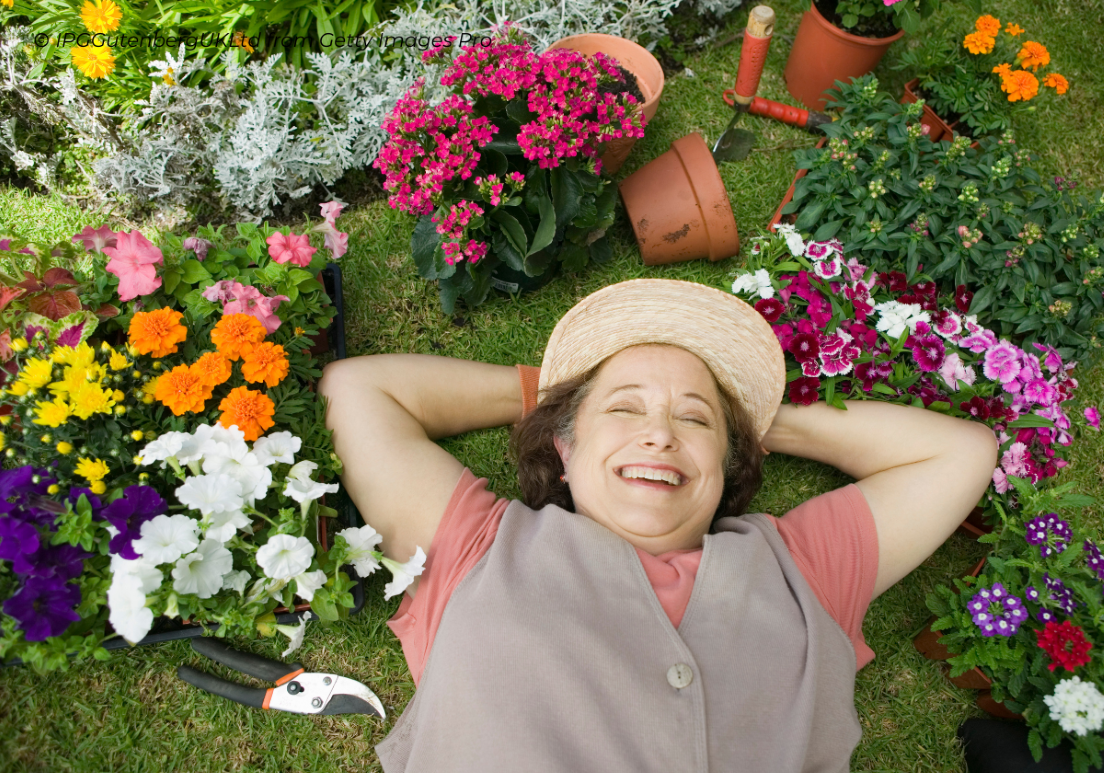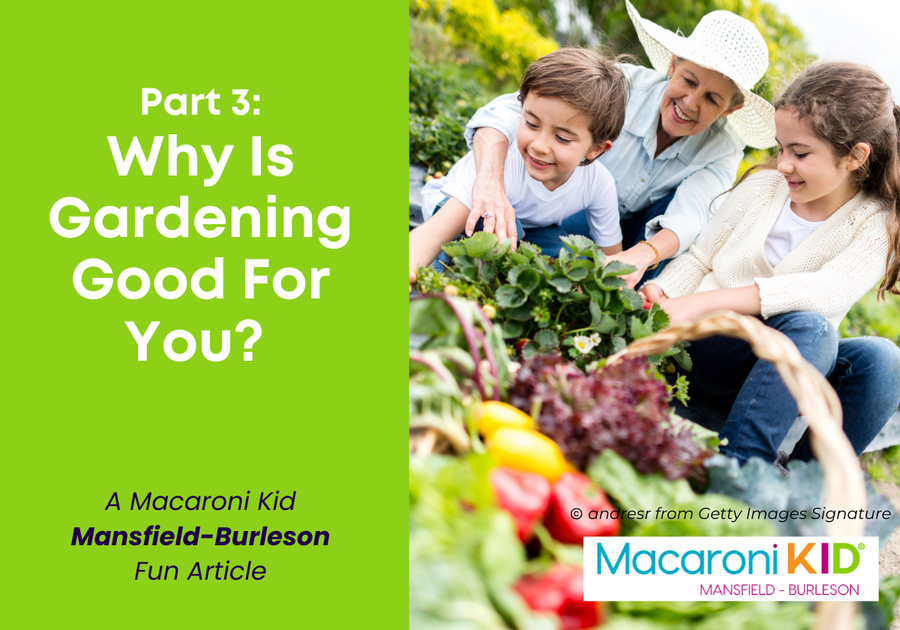Welcome to the final part of our series on the benefits of gardening!
So far, we've explored the physical advantages of getting your hands dirty in the garden, as well as the mental and emotional boosts that come from nurturing plants.
Now, we’ll dive into the ways gardening enhances social and community well-being.
Building Connections
Gardening brings people together, especially in community gardens or clubs. Research shows that living near green spaces can reduce loneliness. Community gardens also help people feel more empowered and connected.
Learning Opportunities
Gardens are great for learning. Anyone who plants a seed learns about plants and can experiment with new growing methods. Gardeners often care about the environment, which benefits us all.
School gardens are particularly beneficial for kids. Remember growing beans in a cup in kindergarten? Kids who garden tend to eat more fruits and vegetables, have better social skills, and feel more confident and connected.
Healing and Rehabilitation
Gardening can help people in many ways. For example, people with disabilities who participate in gardening therapy show improved skills and behavior. Some prisons use gardening as therapy, which helps improve mental health and gives a sense of purpose. Hospitals also know that green spaces can aid in healing. Patients with views of nature or access to gardens recover better and faster.
 |
Gardening offers a multitude of benefits that go beyond just growing plants. From strengthening community bonds to providing educational opportunities and aiding in healing and rehabilitation, the garden is a powerful tool for improving our lives.
So why not give it a try? Start small with a few pots on your balcony or join a community garden near you. You might be surprised at how much joy and fulfillment gardening can bring into your life.



